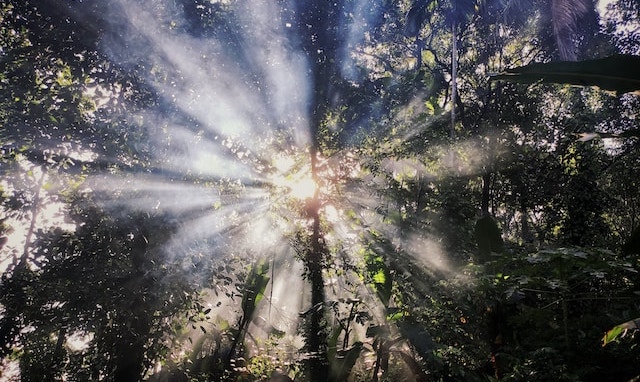What is Ego Death
In order to understand Ego death, lets first get a little background about the Ego itself
What is Ego?
You probably know what an ‘ego’ is to a certain extend. We’ve all got one. It’s our sense of identity — our sense of self — that develops throughout our lives. From the formative experiences we had in our childhood, the political or religious convictions we have chosen or even the type of people we engage with. They form a part of the basis of our self-perception and even our day-to day decisions are influenced by them. However, although the ego is necessary and useful in many ways, as it helps us decide who we are, what we want in our lives, and what our place is in society and our family for example; It can also be a cause of difficulty for us too.
When our ego and its expectations have been formed on unstable or unhealthy foundations, like absent, emotionally unavailable, or even abusive parents, or when our early social experiences have been traumatic, our identity or ego can create unrealistic expectations that can be self-sabotaging or destructive to others. It can turn into unhealthy behavioral patterns which, if left unattended, can drag us and others down throughout our entire lives. Different cultures and traditions developed practices like deep meditation and plant medicine ceremonies to achieve altered states, and keep in balance the different parts of the self and Ego.
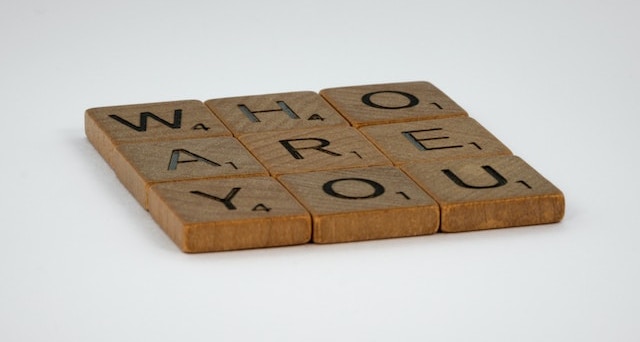
How can Ego die?
Of course, the Ego doesn’t truly “die” during Ego death, as it is a part of our self. The term refers to the release of complete control that the Ego has on our sense of identity, value and our place in the world. When we can discover that there is much more to us than a self concerned Ego, we can draw value and meaning from other sources, and lead a more deeply fulfilled life. While it may not “die” in the classical sense, the experience itself has been described by many as being just as terrifying as being faced with the real thing. The ego will fight very hard to maintain itself, because it is trying to protect your mind, and make the world into something that makes sense.
Letting go, and stepping into the unknown, often with a very real feeling that you are dying, is a very hard thing to do, which is why safety and preparation are of paramount importance with any kind of high dose psychedelic experience with the aim of Ego Death, or Ego Death through other means like meditation. Allowing yourself to pass through this experience can be one of the most life-changing experiences a person can have. After you believe you are dying, seen all your transgressions laid bare, and are given the chance to come back and be a part of making the world a better place, a newfound sense of appreciation is a natural state. We are given an opportunity to see ourselves and our lives objectively. This can help us in identifying the changes we need to make to achieve understanding, healing, and happiness. The term ‘ego death’ was coined by Freud. For many people ego death is a true turning point, even described by some as a salvation that helped them reconnect to themselves and to the wider world.
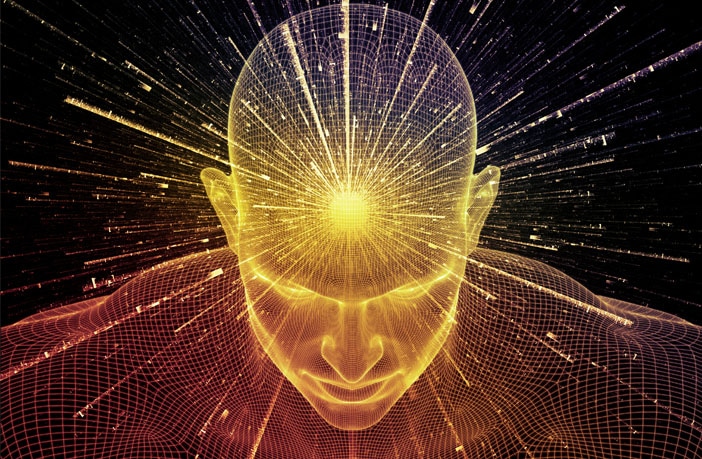
The 2 Types of Ego Death
Although the experience of ego death can be very different per person, a definite distinction can be made between two types of ego death. One being a more gradual ego death experience that unfolds over a longer time span, and which includes the realization of dissatisfaction with one’s own life, the desire to change and the letting go of parts of one’s own persona. A gradual (partly) ego death can happen during for example a midlife crisis or when practicing meditation regularly for example. Though this can be an intense and sufferable experience, which should definitely not be underestimated, in intensity it often doesn’t compare to the second type of ego death. The one which can be experienced during a higher dose psychedelic trip or certain specific transcendental meditation for example. Especially during the psychedelic trip this can be intense as once started, there is no turning back. This type of ego death is distinctive in that it all happens in one psychedelic trip session and in that it constitutes a complete dissolution of the ego or one’s own persona.
The Stages of Ego Death
Ego death is said to have distinct stages — not unlike the stages of grief after a ‘physical’ death. This is because — to reiterate— ego death is no joke. It is about discovering your true self; someone that could be hiding under layers and layers of false beliefs and anxiety. It is a stripping away, and smashing down of walls — after which you can build yourself up again. Knowing the stages, and later the signs, can help you to understand and welcome the process.
Stage 1: Questioning
The first part of the spiritual journey that leads to Ego Death is questioning. Questioning everything. Who you are, your meaning and value in the world, why we are here, and what each of those thing means personally to you, in the most unique way. When the answers we have been given are no longer satisfactory, we begin the journey of seeking deeper understanding.
Stage 2: Seeking
When you have begun asking questions about things like the nature of self, the world and how they relate to each other, seeking answers is the natural next step. Psychology, philosophy, spirituality and science all have answers to offer, and it is up to us to discern what feels right to us, and keep an open mind to new ideas. It is during this stage that the seeking of altered states of mind, and even full Ego death experiences happen, through yoga, breathing exercises, psychedelic compounds and many other practices and forms of meditation. It is important not to be reckless in search of answers, or become obsessed with the end of this journey. It becomes clearer and clearer that the true meaning and value is in the journey itself, and not the destination.
The Ego Death experience
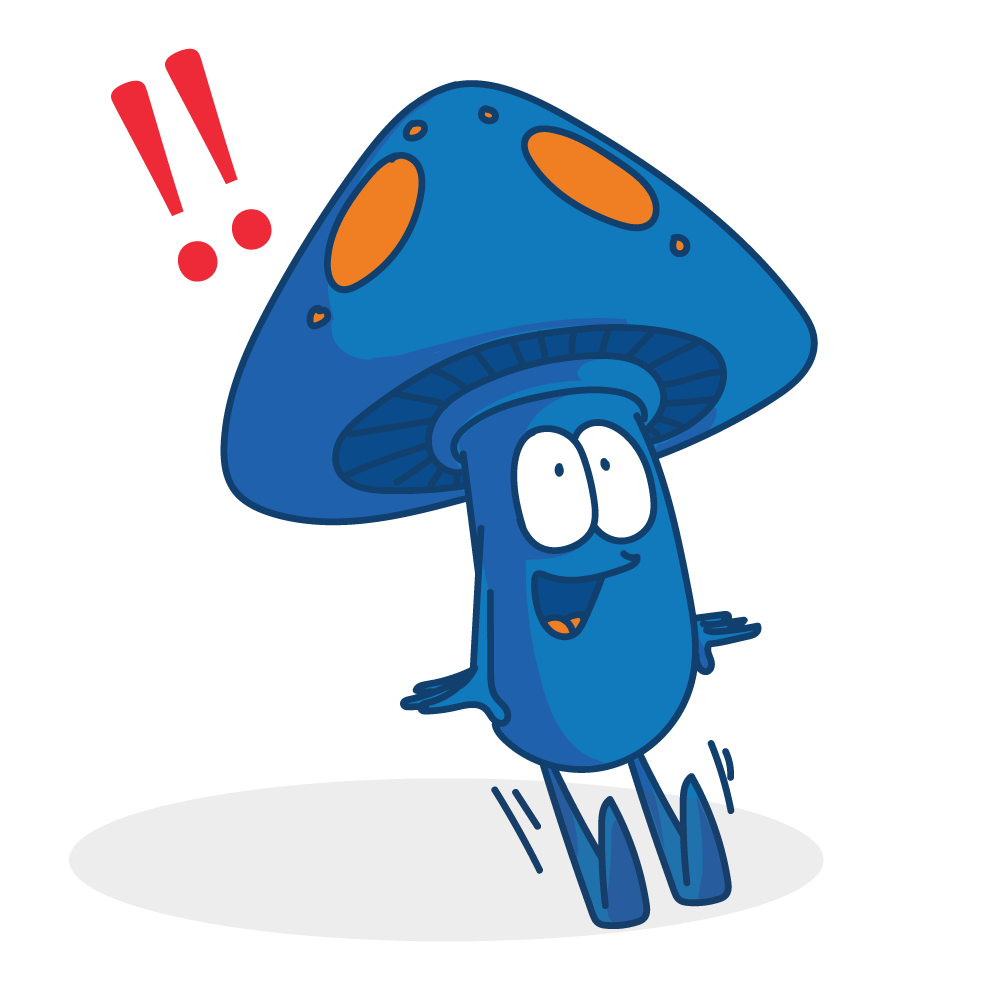
The first hand experience of ego death is the most frightening part of the journey, this is when, during a high dose psychedelic experience, or altered state achieved through meditation, you realize that your ego is dissolving and that all your concepts of self and your whole identity are melting like snow under the sun. This can literally feel like dying, as for the ego there is no concept of self beyond its own identity. This experience should not be underestimated as it can be truly terrifying as everything you hold near and dear is disappearing, while at the same time it is essential to be able to experience the Self which is not dependent on the Ego.
At the end of this road, or when the Ego has completely been dissolved, when there is no other identity to experience, what remains is often described as the experience of unity with the fabric of existence, nirvana or a sense of complete stillness. A moment that can feel infinite and eternal. This feeling of unity with everything, of eternity and bliss can be very much worth the possibly terrifying process that leads to it. However please keep in mind that it is not for the faint-hearted.
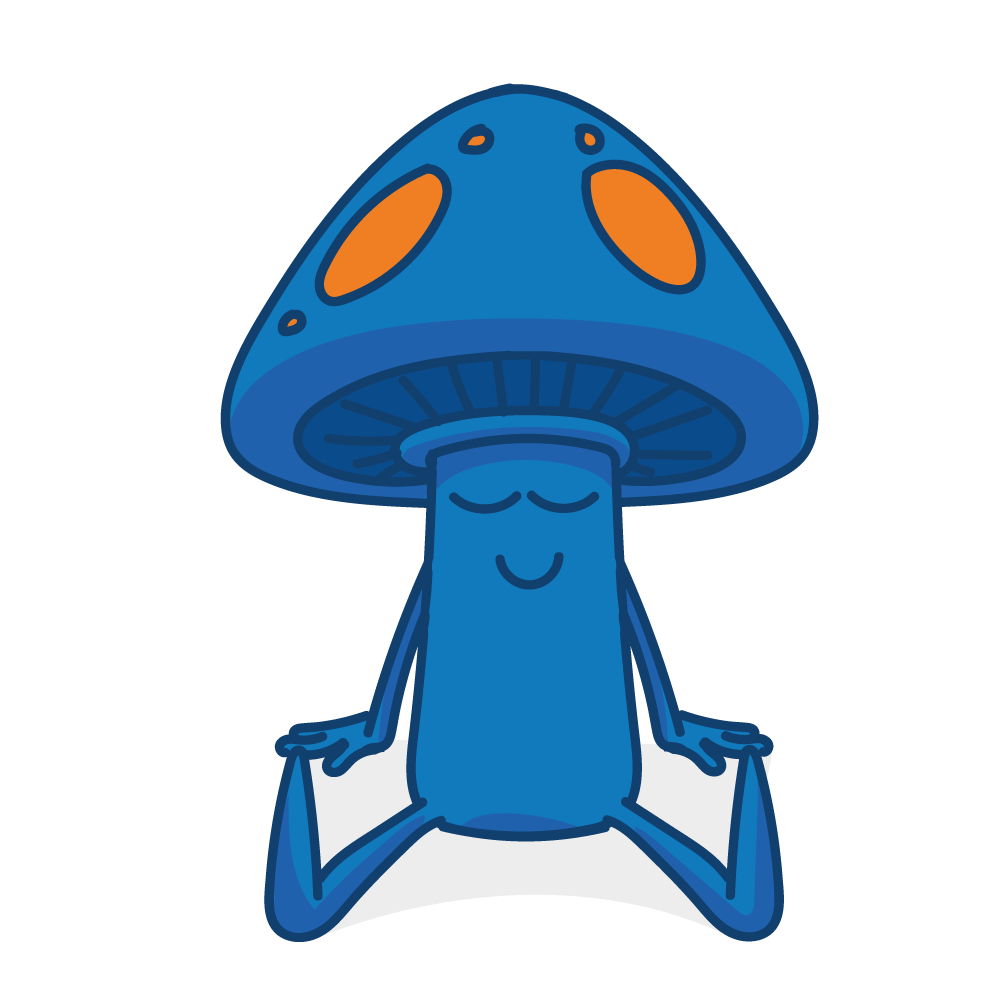
Although the moment might feel eternal, paradoxically you still return to your normal life after a while of remaining in that state. Little by little you get back to your senses and start to remember your persona again. And though in the ego-less state you might have found all the secrets of the universe, when you come back you forget about everything. It’s like coming back from an ocean of knowledge with a small USB stick of memorized data. The experience might however have changed you to the core, as the impact it often has on the idea of death, eternity or even an afterlife can be forever changed. Also, your perception of self might completely have changed and you might find a brand new, fiery motivation to make positive changes to your life.
Stage 3: Contemplation
After any deep personal experience, especially a psychedelic journey or Ego Death experience, it is crucial to allow yourself time and space to process what you experienced, contemplate what it means to you, and what beliefs and values have changed and how. Bringing a regular meditation practice into daily life can be very helpful in staying in touch with the insights gained from psychedelic experiences. Integration of these values into our life is the last piece of the puzzle.
Stage 4: Integration
In order to truly get the most from these experiences, it is necessary to integrate, or “make Integral” to ourselves, the ideas and concepts that we’ve gained, and implement them in our behavior and patterns. Remembering the journeys and experiences you have had, and continuing to utilize the practices that brought about peace of mind will help to maintain it.
Check our in-depth guide to Psychedelic Integration.
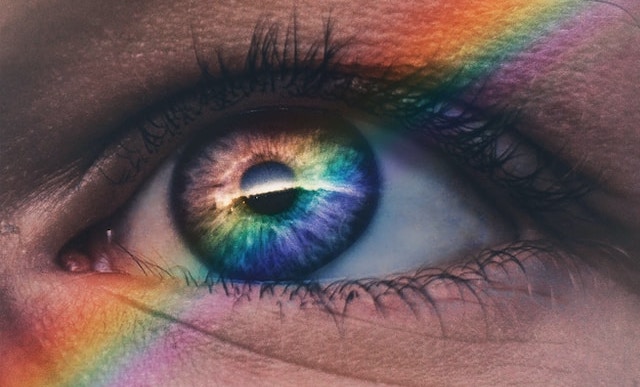
Can You Prepare For An Ego Death?
A gradual Ego death often comes after longer periods of time of denying or avoiding shedding light on aspects of our own life and persona, and then it starts to dawn on us when, due to for example a crisis situation, it becomes undeniable. The best preparation for this or to avoid it completely, is to actively search for more awareness of our shadow side, the parts of ourselves we don’t like about ourselves, that we are denying, or that we might not know even exist. Practicing (self-)honesty, inviting criticism, and meditation for example are tools towards self-awareness. This also holds true for the fast ego death during a trip. However, during such an ego death experience it is most important to have the right mindset, of being accepting of what is coming and not resisting. When you manage to accept and trust the process, there will be less suffering. Before entering such an experience take your time to feel that you are ready to go through it, are you ready to let go of everything you thought you were? If so the experience could be very rewarding and awe-inspiring.
“Who looks outside, dreams; who looks inside, awakes.”
– Carl Jung, “Man and His Symbols” (1964)
The exploration of ego death takes us on a profound journey into the depths of consciousness, challenging our understanding of self and identity. As we navigate the stages of questioning, seeking, and the intense experience itself, we find that ego death, whether gradual or abrupt, opens the door to a profound transformation. It is a process that demands courage, self-awareness, and acceptance, as individuals confront the dissolution of their ego and embrace the unknown. The aftermath of ego death begs contemplation and integration, allowing the insights gained to become integral parts of our lives. Whether achieved through psychedelic experiences, meditation, or other transformative practices, ego death provides an opportunity for profound self-discovery and, for some, a reconnection with a sense of unity and bliss. As societal perspectives shift and ancient practices are reconsidered, the journey toward understanding the self and the ego’s role in it becomes a crucial endeavour for personal growth and collective well-being.
